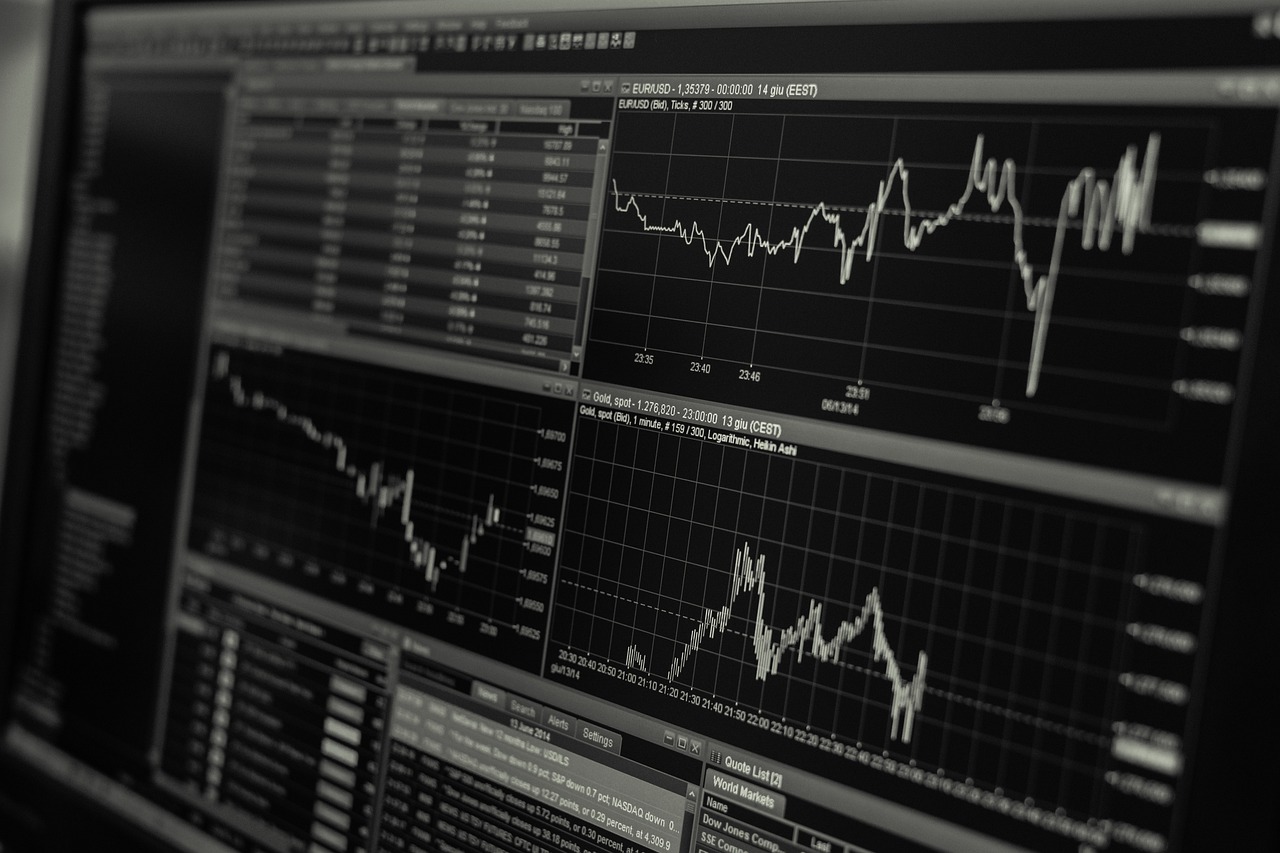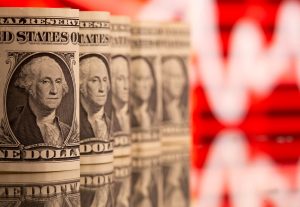- 3 March 2024
- 426
Unraveling How Trading Moves Shape the US Economic Chessboard

In the intricate game of global economics, few elements wield as much influence as the foreign exchange market, or forex. Every currency transaction represents a move on the economic chessboard, with implications rippling through nations and industries. Today, we delve into the heart of this dynamic arena to unravel the profound impact of forex forces on the United States’ economic landscape.

The Currency Chessboard: A Complex Interplay
At the center of the forex market lies a web of interconnected currencies, where each fluctuation echoes economic realities and geopolitical maneuvers. The U.S. dollar, crowned as the world’s primary reserve currency, stands as a linchpin in this intricate dance. Its value, influenced by a myriad of factors including interest rates, inflation, and geopolitical tensions, serves as a barometer for global economic health.
Feature Story: The Fed’s Policy Moves and Market Reactions
One of the pivotal players in shaping forex dynamics is the Federal Reserve. Its decisions on interest rates and monetary policy reverberate across the globe, sending shockwaves through currency markets. By adjusting interest rates, the Fed seeks to manage inflation, spur economic growth, and maintain stability. However, each move is scrutinized by traders worldwide, anticipating its impact on currency valuations.
Opinion Piece: The Dollar Dilemma: Strength vs. Competitiveness
While a strong dollar reflects confidence in the U.S. economy, it poses challenges for American exporters by making their goods more expensive in foreign markets. Conversely, a weaker dollar can boost exports but may fuel inflation and erode purchasing power domestically. Balancing these competing interests requires deft navigation by policymakers, highlighting the delicate nature of forex dynamics.
Navigating the Forex Maze: Challenges in Information Verification
Amid the cacophony of market speculation and geopolitical noise, discerning accurate information becomes paramount for journalists. Rigorous fact-checking and reliance on reputable sources serve as bulwarks against misinformation and manipulation. Utilizing data from central banks, economic reports, and interviews with industry experts helps shed light on the underlying trends shaping forex movements.
Ethical Imperatives: Upholding Integrity in Reporting
Journalistic ethics form the bedrock of credible reporting, especially in the fast-paced world of financial journalism. Transparency, accuracy, and independence are non-negotiable principles, ensuring that readers are presented with a balanced and unbiased view of forex dynamics. By adhering to these ethical imperatives, journalists uphold the public’s trust and safeguard the integrity of their reporting.
Conclusion: Deciphering the Forex Enigma
In the ever-evolving saga of global economics, the forex market emerges as a protagonist of immense significance. Its movements reflect the ebb and flow of nations’ fortunes, shaping the destiny of economies and industries. As journalists, our duty lies in unraveling the complexities of this enigmatic arena, illuminating the forces that drive the US economic chessboard and empowering readers with insights to navigate its twists and turns.
In the realm of forex forces, the stakes are high, the players diverse, and the outcomes profound. As we continue to delve deeper into this captivating realm, one thing remains clear: understanding the intricacies of forex dynamics is essential for deciphering the economic puzzle that defines our world.

